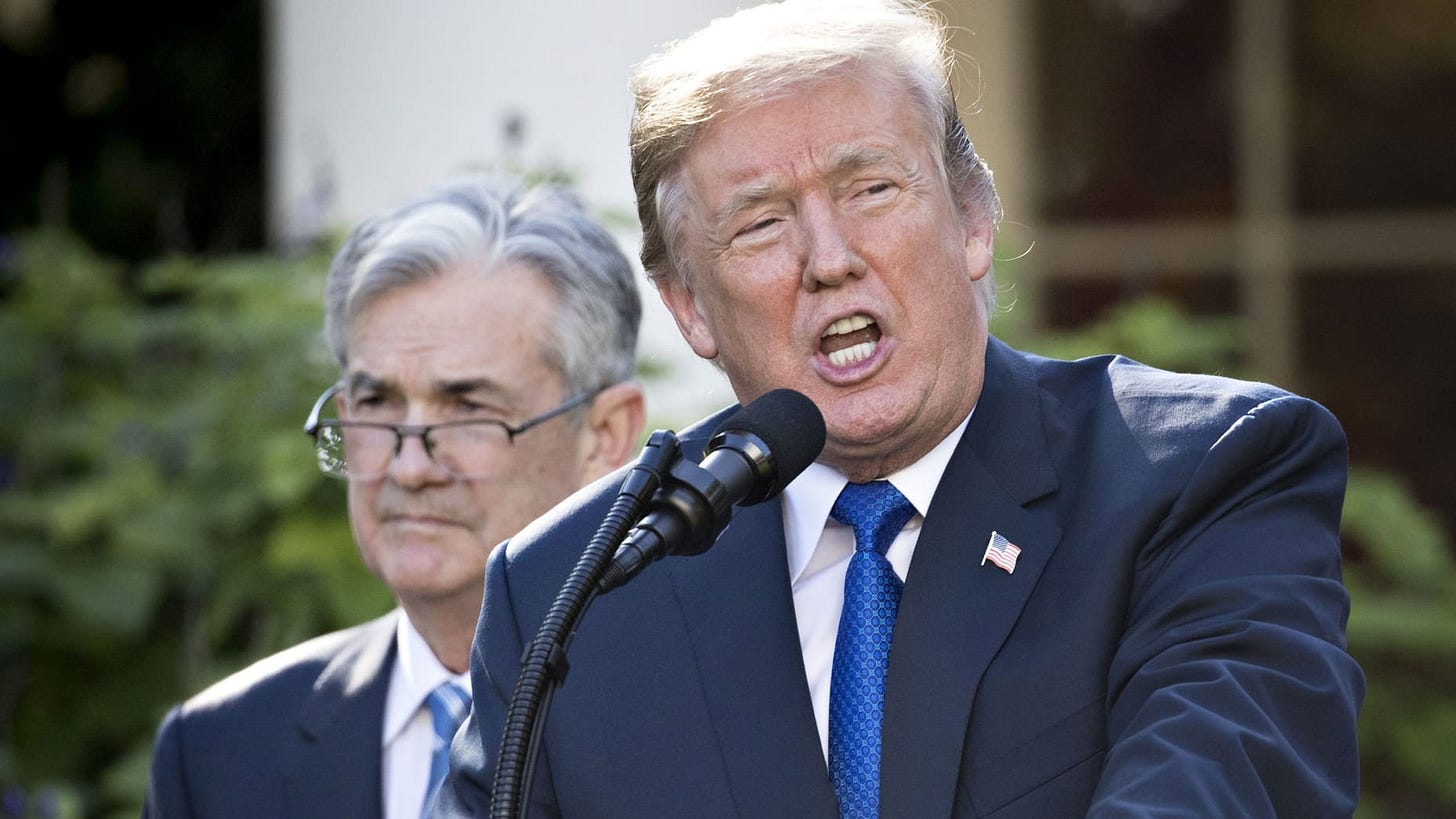Are Trump's Economic Policy Goals Realistic or Wishful Thinking?
I don’t typically write about economic policy issues, but as an American citizen who is currently affected by the inflation crisis, who holds both student loan debt as well as medical debt, I’d like to know how these policies would affect me and my family. While our debts are heavy, I do believe that they are our debts, and I don’t believe it’s the government’s responsibility to pay them off for me. However, I do believe that the government has a role in reversing the damage it’s caused to Americans with its poor economic policy—policies that have made healthcare unaffordable to the average family and a college education unattainable.
That being said, when Donald Trump promises deflation in his second term, my initial thought is: Is that even possible? I’ve always heard that deflation tends to lead to recessions, which is the last thing any of us need after years of being battered by inflation. But I started digging into this because if there’s even a remote chance of reversing inflation without wrecking the economy, it’s something I want to understand.
Here’s what I’ve found. While Trump has been criticized for a lot of things, he’s always been a proponent of cutting taxes, slashing regulations, and putting America first when it comes to energy production. Could those things actually reverse inflation? I suppose it’s possible. Trump’s focus on energy independence—something he pushed during his first term—could drive down the cost of oil and gas, which would lower transportation costs. And if you lower transportation costs, everything from groceries to consumer goods gets cheaper.
I’m no expert, but I do know that energy costs are one of the biggest drivers of inflation. And while we’ve been forced to pay through the nose for gas under the current administration, it makes sense that opening up domestic production and cutting regulations would not only increase supply but lower the cost for the average person. This would likely have a ripple effect throughout the economy, reducing prices on everyday goods without having to destroy demand, which is usually how inflation gets tackled.
Trump also promises more tax cuts, especially for businesses. Now, I get it—people hear “tax cuts” and think that only benefits the rich. But that’s simply false, lowering corporate taxes actually incentivizes companies to invest more in technology, production, and, get this, human labor, which drives down costs over time. Theoretically, this would make everything from manufacturing to health insurance cheaper. Companies could produce more with fewer costs, and competition would keep prices down for consumers. So, in this case, lowering taxes could help reduce inflationary pressures without the painful side effects of an economic slowdown.
Keep reading with a 7-day free trial
Subscribe to The Revolt News to keep reading this post and get 7 days of free access to the full post archives.





